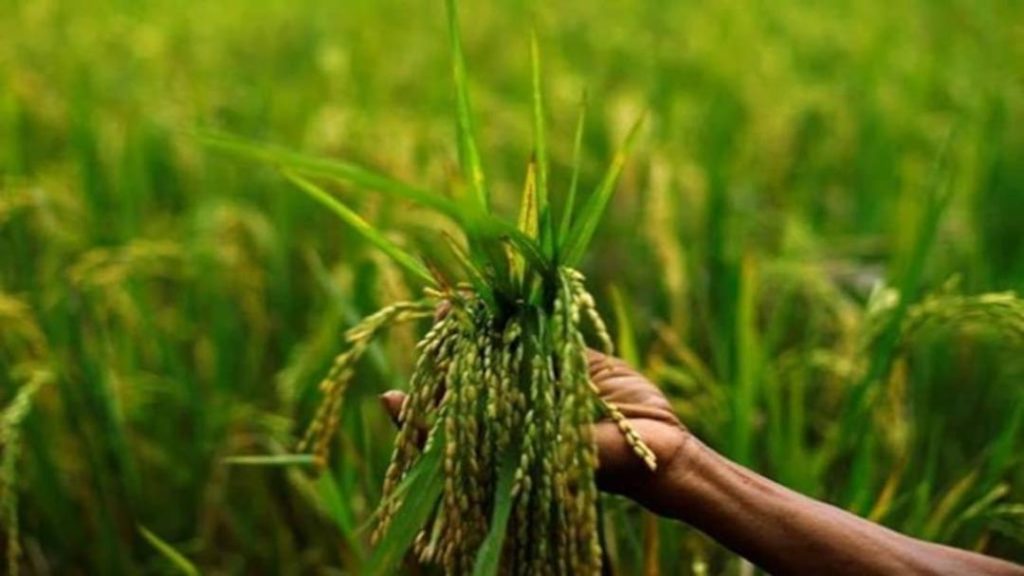
India Cutting Chenab’s Supply Will Increase Water Shortage & Impact Crops, Accepts Pakistan
The Indus River System Authority (IRSA) of Pakistan has recently accepted the adverse impact of India cutting the flow of the Chenab river on Pakistan’s water supply. This move, taken after the suspension of the Indus Waters Treaty (IWT), is expected to increase water shortages across the country, particularly affecting the kharif crops.
As per the report, Pakistan is already facing a 21% shortage of water for the remaining early kharif season. The situation is expected to worsen in the late kharif season, with a predicted 7% shortage. The IRSA has expressed concerns over the potential impacts of this move on the country’s agriculture sector, which is already reeling under the effects of climate change.
The Indus Waters Treaty, signed in 1960, was meant to regulate the sharing of waters between India and Pakistan. Under the treaty, India was allowed to use the waters of the three eastern rivers – Beas, Ravi, and Sutlej – for non-irrigational purposes, while Pakistan was granted the rights to use the waters of three western rivers – Indus, Chenab, and Jhelum. However, the relationship between the two countries has been strained, and tensions have been escalating over the years, particularly since the abrogation of Article 370 in Jammu and Kashmir in 2019.
The current situation is a result of India’s decision to suspend the IWT, citing Pakistan’s “unilateral” actions. Pakistan, on the other hand, has accused India of violating the treaty and has refused to accept the suspension. The dispute has been ongoing for several years, with both countries accusing each other of violating the treaty.
The IRSA has expressed concerns over the long-term implications of this move on Pakistan’s agriculture sector. The country’s agriculture sector is already facing challenges, including climate change, pollution, and lack of irrigation infrastructure. The reduction in water supply is expected to exacerbate these issues, leading to a significant impact on crop yields and food security.
Pakistan’s kharif crops, which include crops like cotton, rice, and wheat, are heavily dependent on the Chenab river. The river is the main source of water for irrigation in the region, and any reduction in its flow is expected to affect the crops. The IRSA has warned that the reduction in water supply will not only affect the current crop season but also have long-term implications for the country’s agriculture sector.
The impact of this move is not limited to the agriculture sector alone. The reduction in water supply is also expected to affect the country’s industry and economy. Pakistan’s industry, particularly the textile sector, is heavily reliant on water for production. A reduction in water supply will not only affect the production of textiles but also lead to a loss of employment opportunities and revenue.
The IRSA has called upon the international community to intervene in the dispute and help resolve the issue peacefully. The organization has also urged India to reconsider its decision and resume the flow of water into the Chenab river. Pakistan has also approached the International Court of Justice (ICJ) to resolve the issue, but India has refused to accept the jurisdiction of the court.
In conclusion, the suspension of the Indus Waters Treaty and the reduction in water supply from the Chenab river will have significant implications for Pakistan’s water security and agriculture sector. The country is already facing challenges, including climate change and lack of irrigation infrastructure, and a reduction in water supply will only exacerbate these issues. It is essential for both countries to work together to resolve the issue peacefully and ensure the long-term sustainability of the Indus River System.






